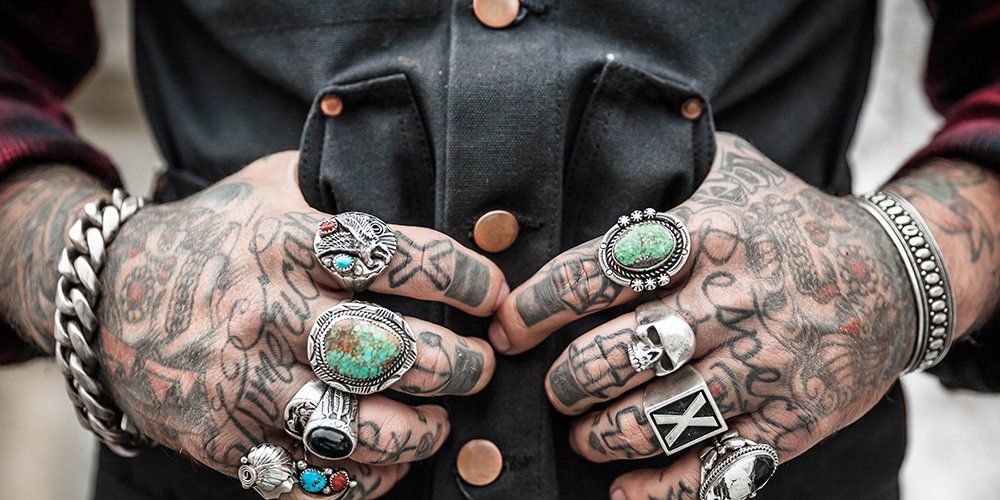Introduction
Tattoos are a popular form of self-expression, but not all tattoo experiences end up being positive. Tattoo regret is a common phenomenon where individuals regret the tattoos they once cherished. This article will delve into the reasons behind tattoo regret and provide tips on how to overcome it.
What is Tattoo Regret?
Tattoo regret refers to the feeling of disappointment and dissatisfaction with a tattoo that was once thought to be a good idea. This can be due to various reasons, including a change in personal taste, a negative reaction from others, or regret over the choice of design or placement.
Why Do People Regret Their Tattoos?
Change in personal taste: People’s tastes and interests change over time, and tattoos are a permanent reminder of the person they once were. A tattoo that once held great meaning may no longer reflect the individual’s current beliefs and values. Negative reactions from others: Tattoos can sometimes attract unwanted attention and negative reactions from others. This can cause individuals to feel self-conscious about their tattoos and regret the decision to get them. Poor quality: Some tattoos may fade, blur, or become distorted over time, leading to regret over the choice of design or the artist who performed the tattoo. Placement: The placement of a tattoo can also be a source of regret. A tattoo that was once easily hidden may now be constantly visible, causing individuals to feel self-conscious.
Overcoming Tattoo Regret
Acceptance: The first step in overcoming tattoo regret is to accept that the tattoo is a permanent part of your body. This can be a difficult realization, but it is important to understand that the tattoo cannot be undone. Embrace the tattoo: Instead of focusing on the regret, try to embrace the tattoo and see it as a part of who you are. Think about why you got the tattoo in the first place and try to find meaning in it.
Cover-up: If the tattoo is causing significant distress, consider getting a cover-up tattoo. A skilled tattoo artist can use their creativity to transform the tattoo into something that better reflects your current beliefs and values. Laser removal: If a cover-up tattoo is not an option, laser removal may be considered. This process involves using laser energy to break down the tattoo pigment, which is then absorbed and removed by the body. However, this process can be expensive and time-consuming, and there is no guarantee that the tattoo will be completely removed.
Conclusion
Tattoo regret is a common phenomenon, but it can be overcome. By accepting the tattoo, embracing it, or considering a cover-up or laser removal, individuals can find a way to move past the regret and find peace with their tattoos. If you are considering a tattoo, it is important to take the time to think carefully about the design, placement, and potential long-term implications before making a decision. Remember, tattoos are a permanent form of self-expression and should be treated as such.

